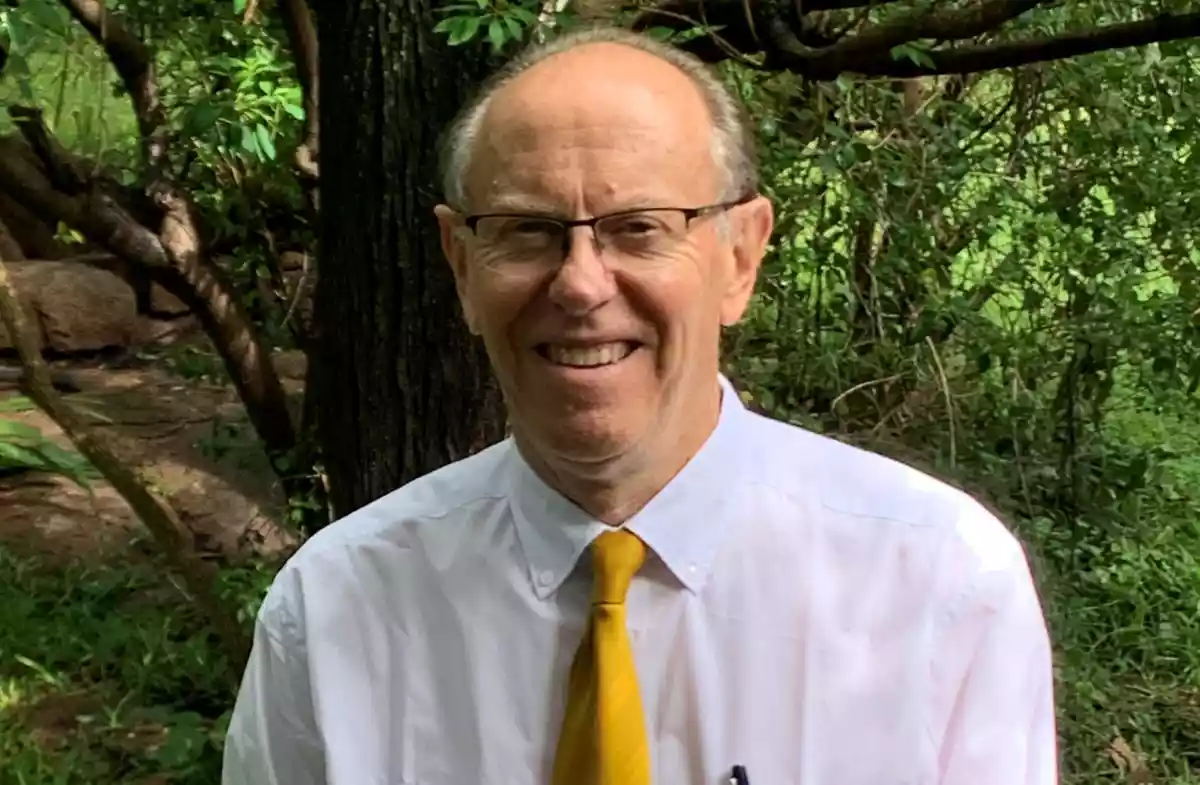
By Nigel Nyamutumbu
Since assuming power in November 2017, President Emmerson Mnangagwa outlined a holistic agenda spread across the implementation of political, legal, electoral, media and economic reforms that would underpin the legacy of his administration.
The reform agenda vision statement served to take the country on a new political trajectory that would break from the authoritarian rule of long-serving ruler, Robert Mugabe, making way for the dawn of a new democratic chapter.
There was a lot of political goodwill among the citizens that welcomed the departure of Mugabe amid pomp and fanfare and among the international community, who embraced the changes in government by offering technical support and pathways for reengagement.
For us in the media sector, there was a ray of hope for the long-awaited reforms within the fourth estate and for good measure, media laws were mentioned among those that were earmarked for reforms as Mnangagwa presented the government’s legislative agenda in Parliament.
Having the legislature debate media laws was a significant change story that was expected to demonstrate that government was going beyond paying lip service to the implementation of media reforms.
The reform agenda had been initiated during the Mugabe era through the inter-ministerial task force on the alignment of laws with the constitution, but the officials at the then Information, Media and Broadcasting Services ministry would either snub these technical processes or would make policy pronouncements that were not backed by any form of practical action.
At least there wasn’t any need to reinvent the wheel in actualising the reforms in Parliament as the work that the taskforce had begun implementing proffered a roadmap of what would inform media legislative reforms.
- Chamisa under fire over US$120K donation
- Mavhunga puts DeMbare into Chibuku quarterfinals
- Pension funds bet on Cabora Bassa oilfields
- Councils defy govt fire tender directive
Keep Reading
There was enough policy propositions and positions that compelled the need to reform media laws.
Two laws were prioritised — the Access to Information and Protection of Privacy Act (Aippa) and the Broadcasting Services Act (BSA).
These two laws address three constitutional rights imperatives, including the right to privacy, freedom of expression and media freedom and access to information obtained in Sections 57, 61 and 62 of the constitution.
In the case of Aippa, there was the bundling of the right to information, media regulation and right to privacy issues, which though related are quite distinct and, therefore, should be addressed as separate frameworks.
Besides, the law had been inadequate to satisfy the constitutional and international principles of enabling the right to access information with the supreme law categorically providing for the need for a law to give effect to the right to information.
At the centre of the contestations against Aippa since its enactment was the entrenchment of statutory regulation of the media and criminalisation of journalism and freedom of expression.
From the onset and in its implementation, Aippa targeted critical media and dissenting voices.
It accounted for several violations against the media and was the legal instruments used in closing down the media space in the country.
Finally, the law sought to protect citizens’ right to privacy.
The framework for the protection of the right to privacy was inadequate and more so was insufficient to protect citizens online and limited this protection to information sourced for the purpose of news and/or public.
The Broadcasting Services Act (BSA) on the other hand was inadequate to address the expanded constitutional provision to media freedom that extends to the right of every citizen to establish a broadcasting enterprise, subject only to necessary regulations.
The BSA’s licensing framework doesn’t provide enough support towards this right and if anything is inhibitive for citizens to enjoy this right.
There is also the provision that provides for the conduct of the state media, which the BSA doesn’t adequately deal with in terms of its definition and mandate of the public broadcaster.
In failing to provide the necessary operational framework for the public broadcaster upon the issuance of a broadcasting license, state owned broadcasting enterprises cannot effectively implement their mandate.
Other issues that require strengthening include the establishment and reporting structure of the Broadcasting Authority of Zimbabwe (BAZ) and broadly speaking the regulatory framework.
It is clear from this background of what ought to be addressed and therefore prioritised in terms of media reforms, at least in the context of Aippa and BSA.
There are other laws that will require reform that relate to the enjoyment of media freedom and more broadly freedom of expression that were, however, yet to be considered. The Cyber Security and Data Protection Bill is at the second stage of reading in Parliament though with glaring shortcomings.
Government has since enacted the Freedom of Information Act and the Zimbabwe Media Commission Act, which are often cited as an indicator of progress towards the realisation of media freedom.
That the Freedom of Information (FOI) Act repeals Aippa augments such arguments, which however miss why Aippa was largely contested.
Admittedly, the FOI Act has positive provisions that citizens can utilise and accountability mechanisms that should be tested in pursuit of an open society, if government doesn’t address issues pertaining to media regulation, a democratic broadcasting regulatory framework, transformation of state media and the advancement and protection of citizens online, the discourse of reform will be misguided.
It is quite unfortunate that in engagements with government, there is pronouncements of goodwill and an appetite for reform yet the actual action on the substantive issues is either delayed or misconstrued.
At the end of the day, the laws that are presented in Parliament significantly differ from the principles that government purports to support or conform to as part of the reform process.
This was the case with the Cyber Security and Data Protection Bill, wherein instead of using the opportunity to promote digital rights and protecting citizens online, there was attempt to retain provisions that criminalise expression and regulating social media, never mind the real threats to citizens’ security online.
The same could be said of the principle of co-regulation, wherein government is demonstrating commitment to strengthening the self-regulatory framework with the statutory framework being an appellant body, yet in practical terms there is an attempt of sustaining a culture of governing the media sector and controlling of channels of expression.
That will not work. Simple!
- Nigel Nyamutumbu is a media development practitioner currently heading the Media Alliance of Zimbabwe (MAZ). He can be contacted on +263 772 501 557 or [email protected]. This article was first published in The Accent Newsletter, a MAZ initiative











